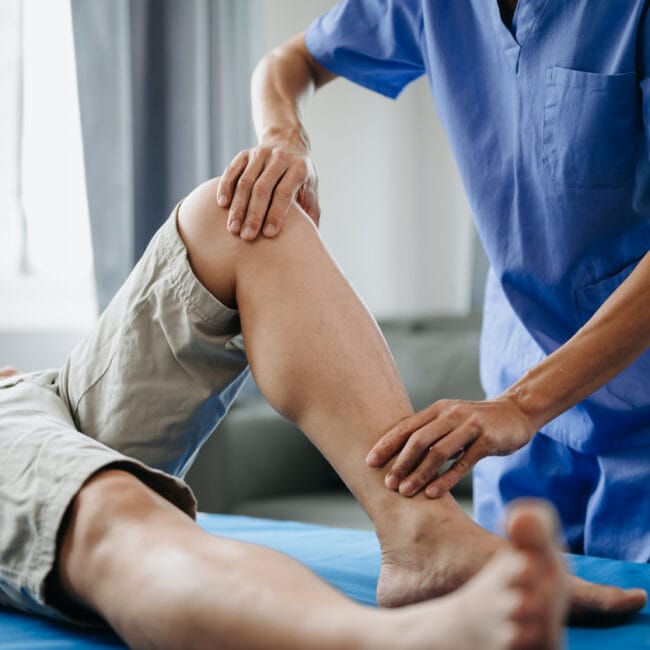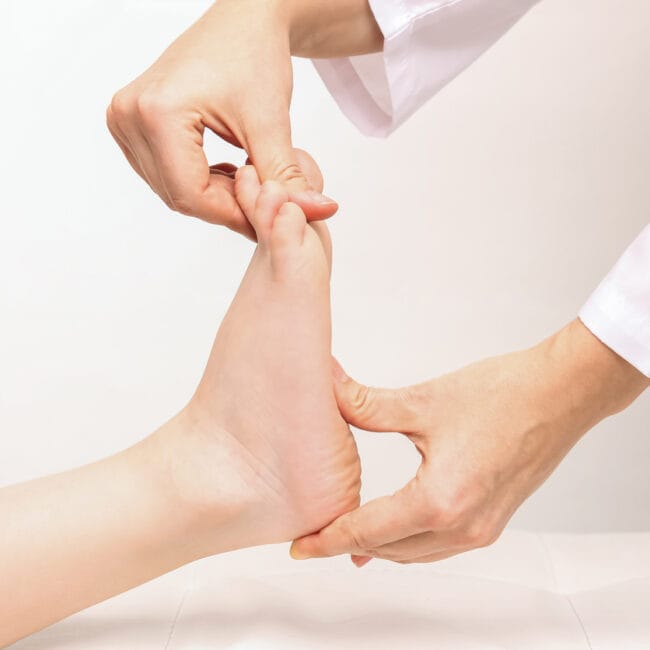Following on from last week’s blog from Chartered Physiotherapist Aoife Clarke, here is part two which discusses training and preparation for those who are entering a Triathlon.
Training for Triathlons
How much training you need to do before your first triathlon depends on you. It depends on your level of fitness and your personal goals – do you want to do a sprint, a standard, middle or full distance? Do you want to be competitive or just be able to finish the race?

Some Helpful Tips for Getting Started
Get a Checkup – Go see your Doctor/ GP for medical clearance before starting a new training or program or drastically increasing your level of physical activity. This is most important if you have had any recent illness or injuries, or any underlying medical conditions. This will allow for a safer and more confident start to your training!
Give yourself enough time – It is recommended that for every hour it is likely to take you to complete your chosen event, you will probably need to train for 5-7 weeks. So, with a typical Olympic distance Triathlon taking about 3 hours, you should probably give yourself between 15-21 weeks to train; depending on your level of fitness when you start training and other factors.
Join a Triathlon Club – Most people find training easier and more enjoyable when doing it as part of a group. Finding a good training club in Ireland is getting much easier. Pick a club whose training times will fit around your daily commitments, one that is located close by is always better. Some clubs organise several of their own events throughout the year. For beginners a familiar environment can be a lot less daunting. Most clubs have their own websites and are extremely welcoming to new members, so why not drop them a mail and go along to check out a session.
Draw up your own training plan – Create something that will suit you and that you can realistically achieve. Use resources such as the internet, books, or base your schedule around your clubs training timetable. Assign certain activities to certain days of the week. Include at least one rest day. Include a day of the week where you do a separate non- triathlon based activity such as yoga or walking to give your body a break. The time you can dedicate to training each day is very much up to you. Start slowly, increasing your training workload by no more than 10% per week. Do not go out and try for too much to soon. Don’t push yourself to the extreme in the first few weeks, especially if you are a beginner – this could lead to injury.
Periodise your training – This is very important in terms of injury prevention and a healthy triathlon career. You cannot just keep increasing your training time every week. If you do this then you’ll quickly start to see those little niggles turn into more serious injuries. Periodise your training; ramp your training up and down gently to give your body time to heal and strengthen. Assume that every 4th week is a light/rest week, so amp up the training the proceeding week and enjoy the benefits of some rest and recovery. This might be an ideal time to visit your chartered physiotherapist for a deep tissue massage, to keep on top of those aches and pains.
Pick a race and plan your season – Start out with by deciding what race you’d like to do and when. There are dozens of races on the calendar, you could refer to the Triathlon Ireland website http://www.triathlonireland.com, for a full timetable of events. Talk to other people in your club, see if there are any races they would recommend or any races they intend to enter, good for moral support! Make sure to pick an event that will give you enough time to train and is of an appropriate distance. Enter the race as soon as the entries open, the more popular events sell out quickly.
Remember to listen to you body. Don’t push through if you are experiencing ongoing pain. Minor injuries that go untreated can become chronic and play havoc with your training and preparation for future events.
Thanks to Aoife Clarke for writing these very useful blog posts. Aoife works in our Sandyford clinic, if you would like to find out more about Aoife please click here.














